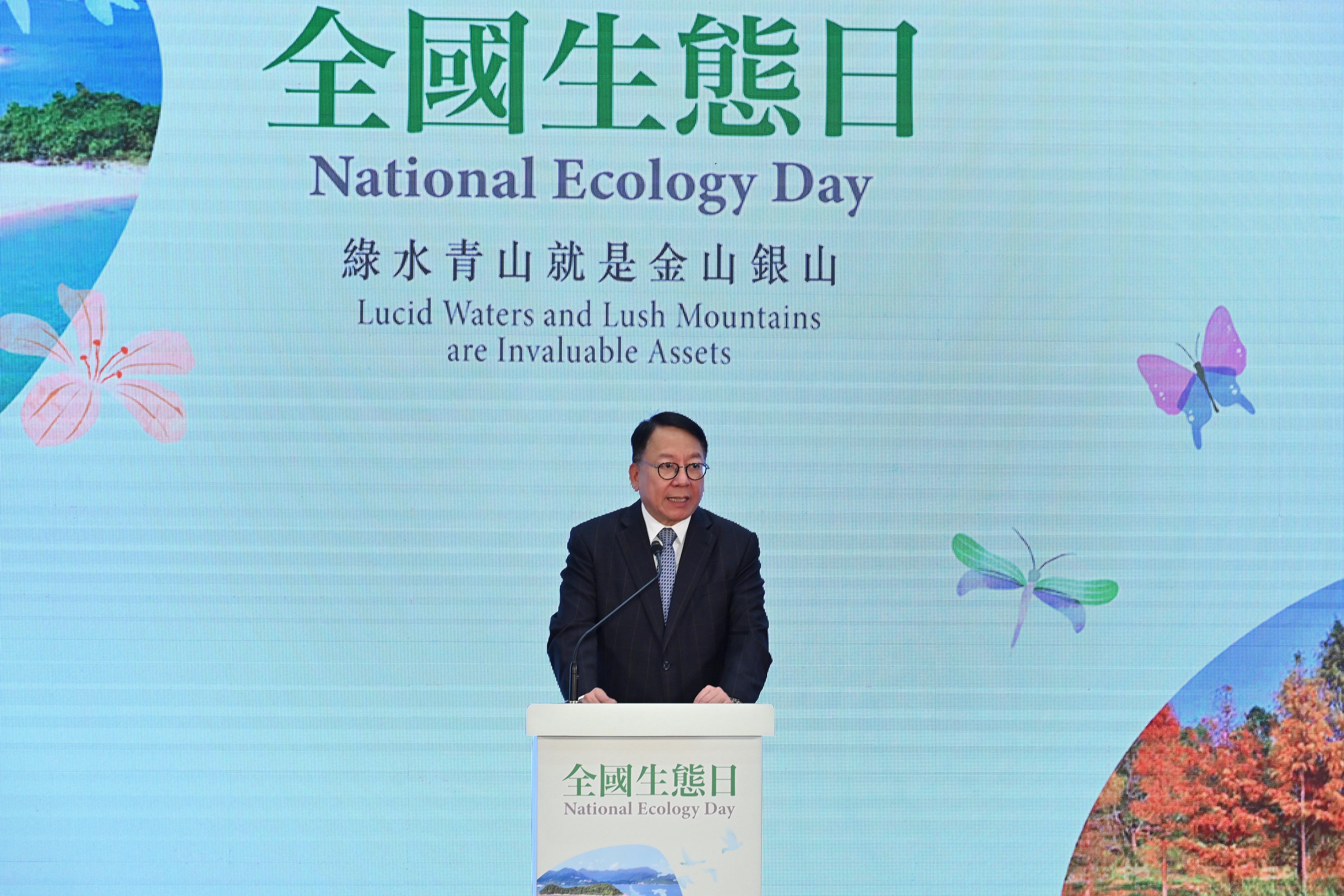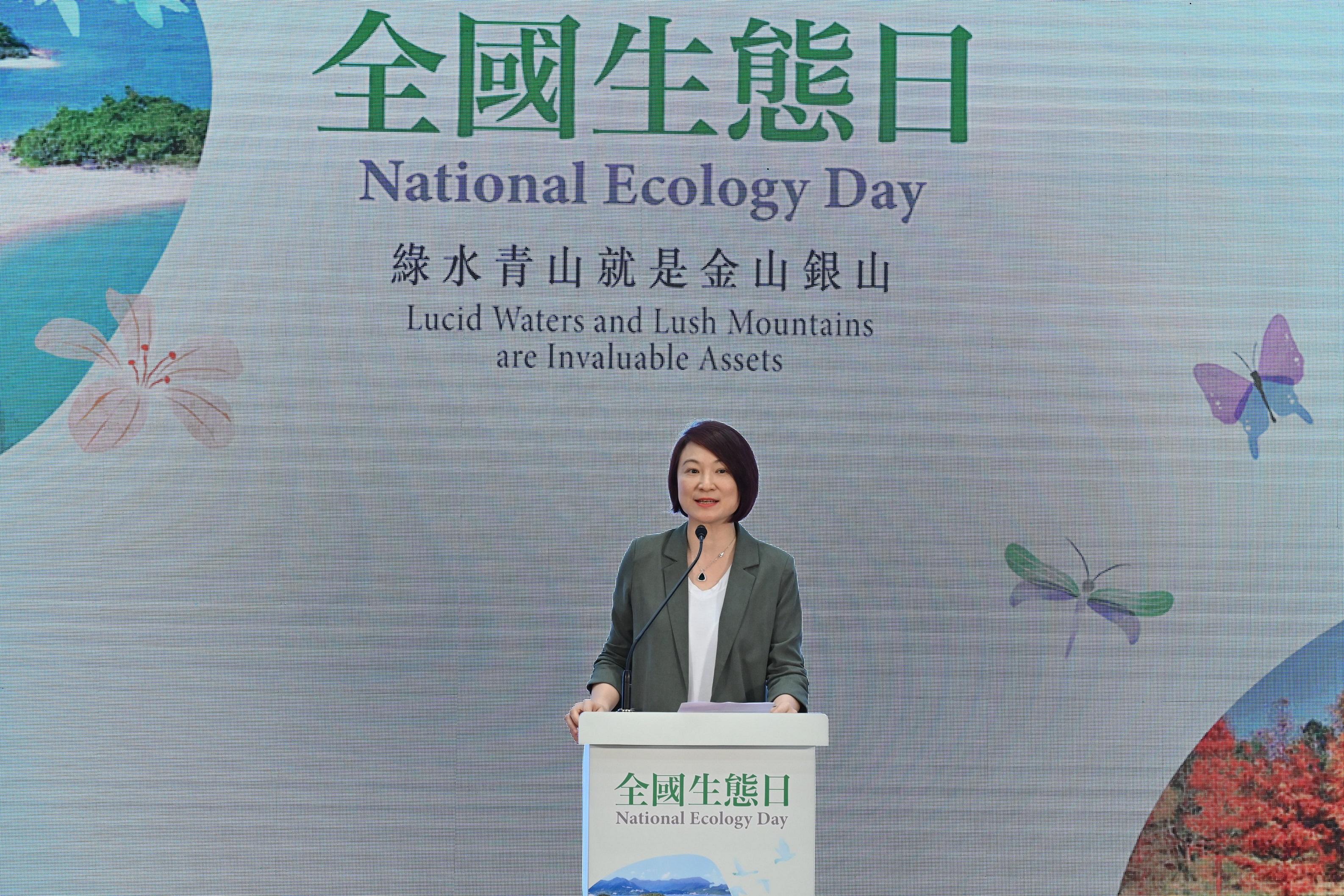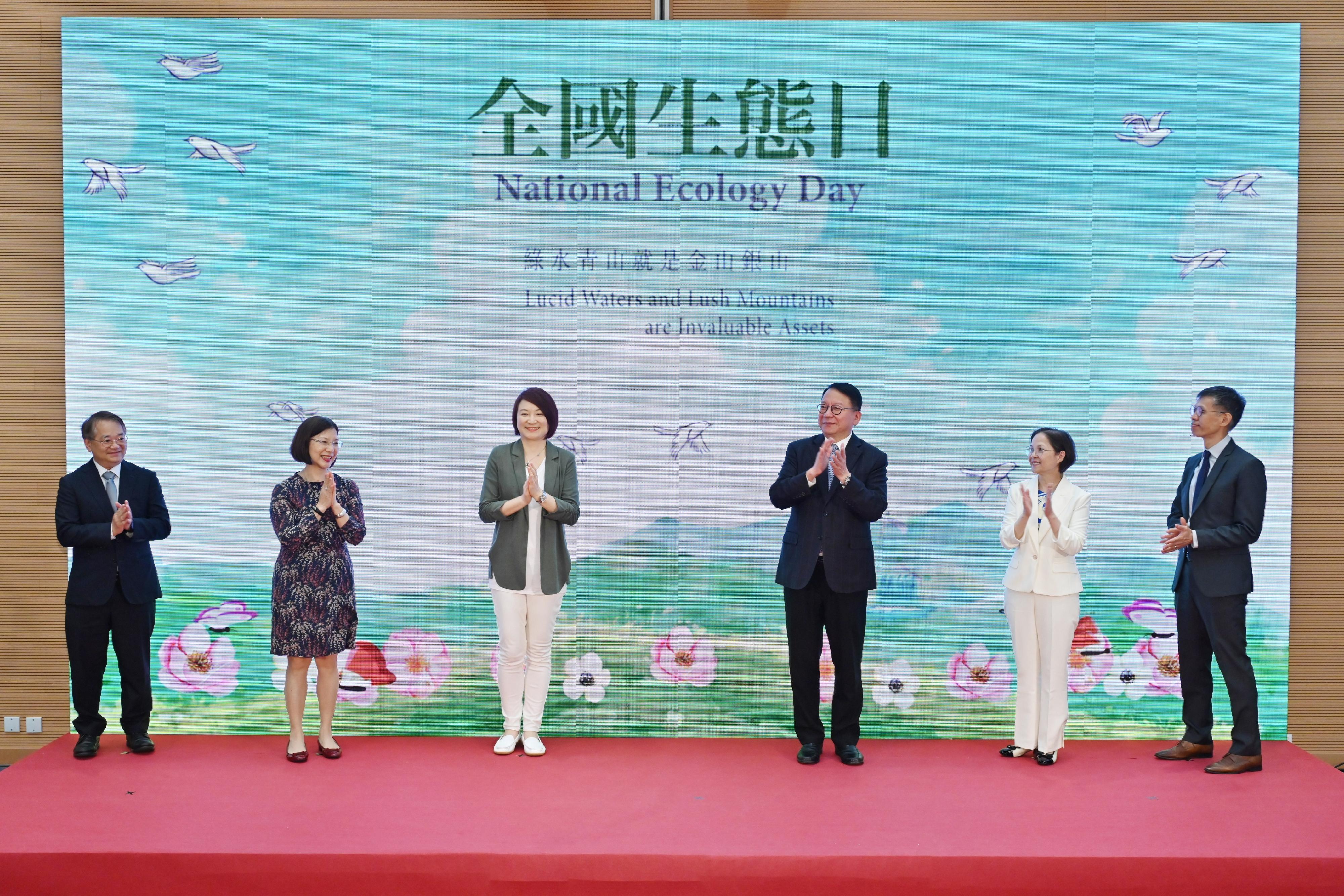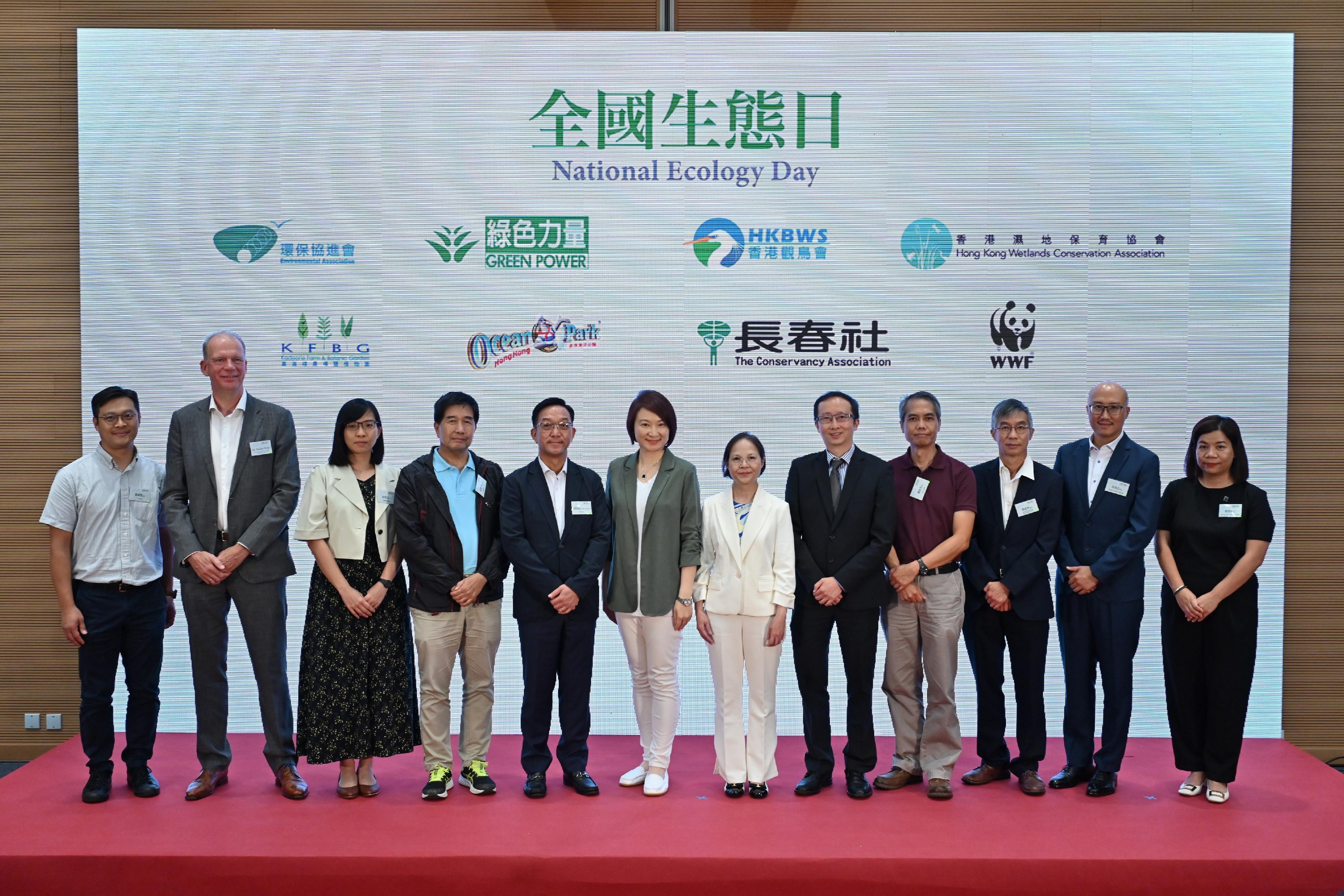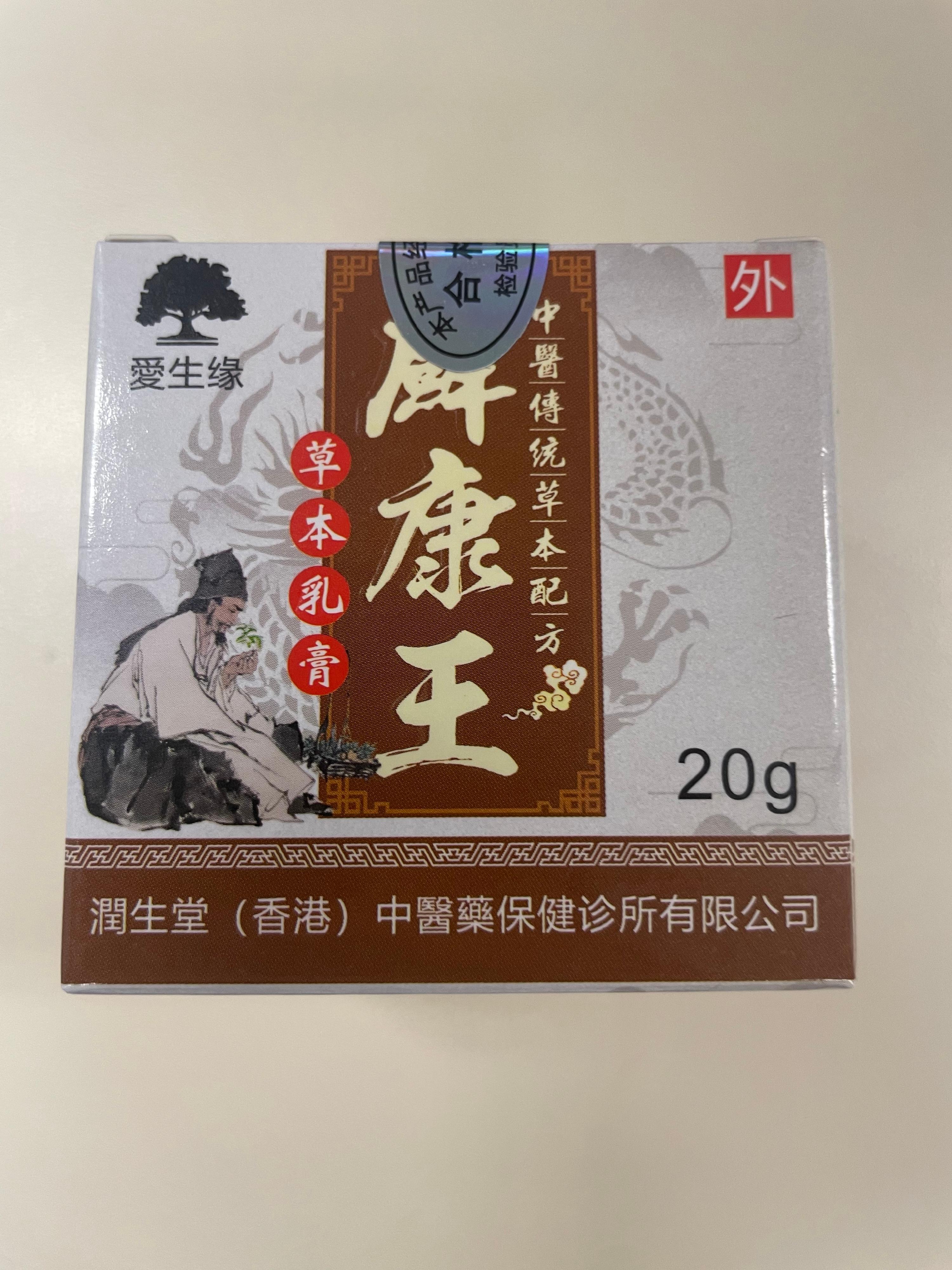DH investigates two cases of solanaceous alkaloid poisoning
The Department of Health (DH) is today (August 15) investigating two cases of solanaceous alkaloid poisoning after consumption of Chinese herbs.
“Upon notification of two cases of solanaceous alkaloid poisoning by the Hospital Authority (HA) yesterday (August 14), the DH commenced investigations immediately,” a spokesman for the DH said.
The cases involve two female patients who have consumed broth prepared from Chinese herbs which include a herbal ingredient Radix Aucklandiae. Solanaceous alkaloids were detected in both patients’ urine and the herbal samples upon laboratory testing by the HA. In the unused herbals from the patients, solanaceous alkaloids were detected in Radix Aucklandiae by HA laboratory testing. Preliminary investigation revealed that one herbal ingredient Radix Aucklandiae of the same batch (Batch No.: 60532110-1) was suspected to be contaminated with Solanaceous alkaloids.
The first female patient, aged 56, developed symptoms and signs compatible with solanaceous alkaloid poisoning on July 27, including dizziness, limb weakness, confusion, slurred speech, dilated pupils and tachycardia (abnormally high heart rate), about 30 minutes after consuming a broth prepared from Chinese herbs prescribed for chronic cough by a Chinese Medicine Practitioner (CMP) at The Hong Kong Tuberculosis Association – The University of Hong Kong Chinese Medicine Clinic cum Training and Research Centre (CMCTR) (Wan Chai District). She attended the Pamela Youde Nethersole Eastern Hospital for management on the same day and was discharged on July 31.
Another female patient, aged 63, developed similar symptoms and signs compatible with solanaceous alkaloid poisoning on August 3, including delirium and lower limb weakness about three hours after consuming a broth prepared from Chinese herbs prescribed for dyspepsia by a CMP at the Haven of Hope – The Chinese University of Hong Kong CMCTR (Sai Kung District). She was admitted to the United Christian Hospital on the same day and was discharged on August 5.
“Solanaceous alkaloids cause anticholinergic symptoms including blurred vision, dry mouth, dizziness and confusion. Deaths may result in severe cases,” the spokesman added.
According to the Chinese medicine literature, the concerned herbs could not account for the presence of the solanaceous alkaloids detected. The DH’s investigations on the distribution of the relevant lot of contaminated herbs are ongoing.
The HA and CMCTRs will contact the patients dispensed with the affected herb in due course and give health advice as appropriate.
Separately, the DH will set up a hotline (2961 8949) which operates from 9am to 5pm starting tomorrow (August 16) for public enquiries related to using the affected herb prescribed by the CMCTRs. As a precaution, members of the public who have Chinese herbs containing Radix Aucklandiae dispensed by the two CMCTRs are advised to stop using them and to seek advice from the clinics if necessary. If they feel unwell, they are advised to consult healthcare professionals as soon as possible. read more



